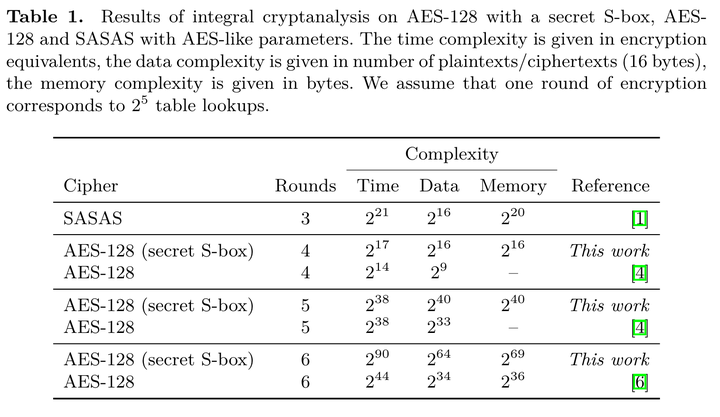
Abstract
In October 2012, NIST has announced Keccak as the winner of the SHA-3 cryptographic hash function competition. Recently, at CT-RSA 2013, NIST brought up the idea to standardize Keccak variants with different parameters than those submitted to the SHA-3 competition. In particular, NIST considers to reduce the capacity to the output size of the SHA-3 standard and additionally, standardize a Keccak variant with a permutation size of 800 instead of 1600 bits. However, these variants have not been analyzed very well during the SHA-3 competition. Especially for the variant using an 800-bit permutation no analysis on the hash function has been published so far. In this work, we analyze these newly proposed Keccak variants and provide practical collisions for up to 4 rounds for all output sizes by constructing internal collisions. Our attacks are based on standard differential cryptanalysis contrary to the recent attacks by Dinur at al. from FSE 2013. We use a non-linear low probability path for the first two rounds and use methods from coding theory to find a high-probability path for the last two rounds. The low probability path as well as the conforming message pair is found using an automatic differential path search tool. Our results indicate that reducing the capacity slightly improves attacks, while reducing the permutation size degrades attacks on Keccak.